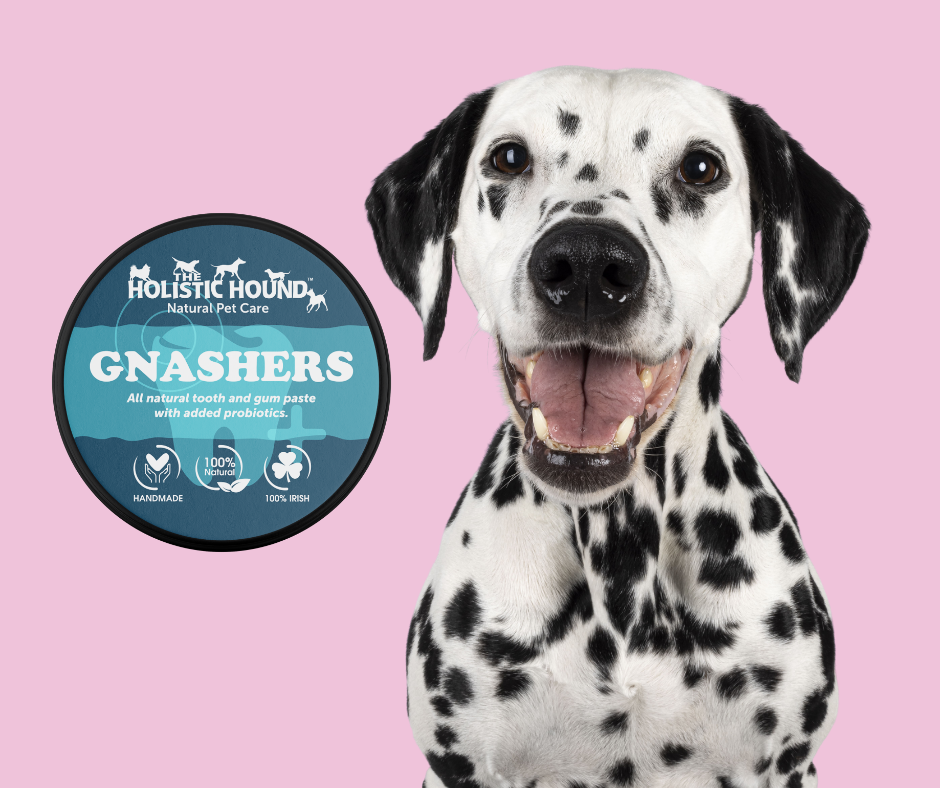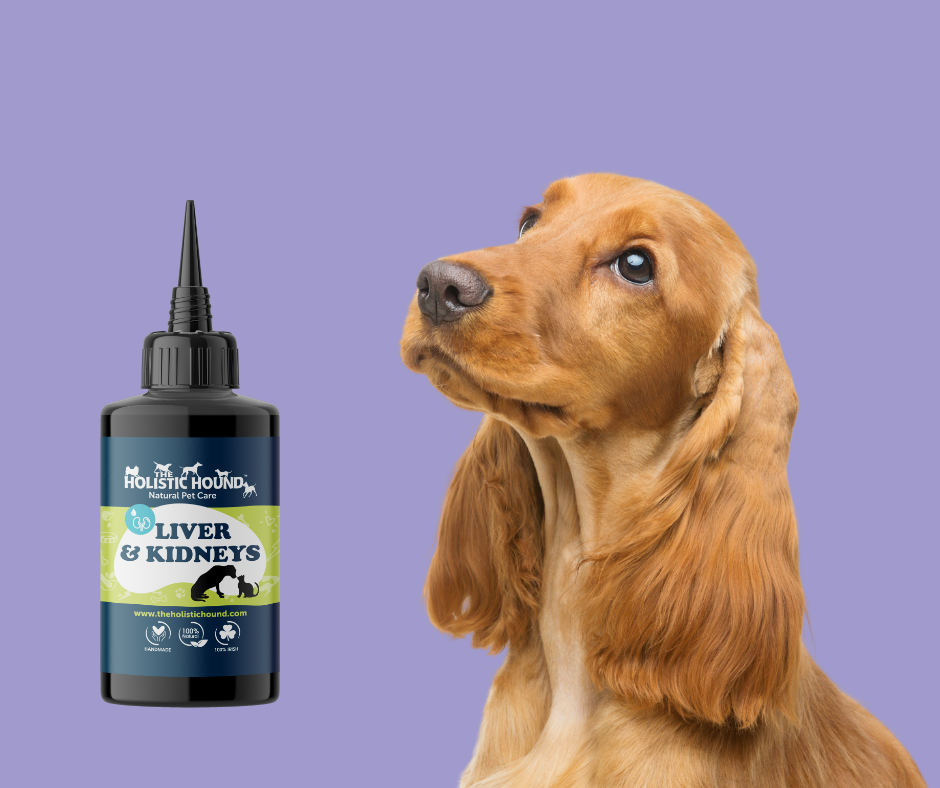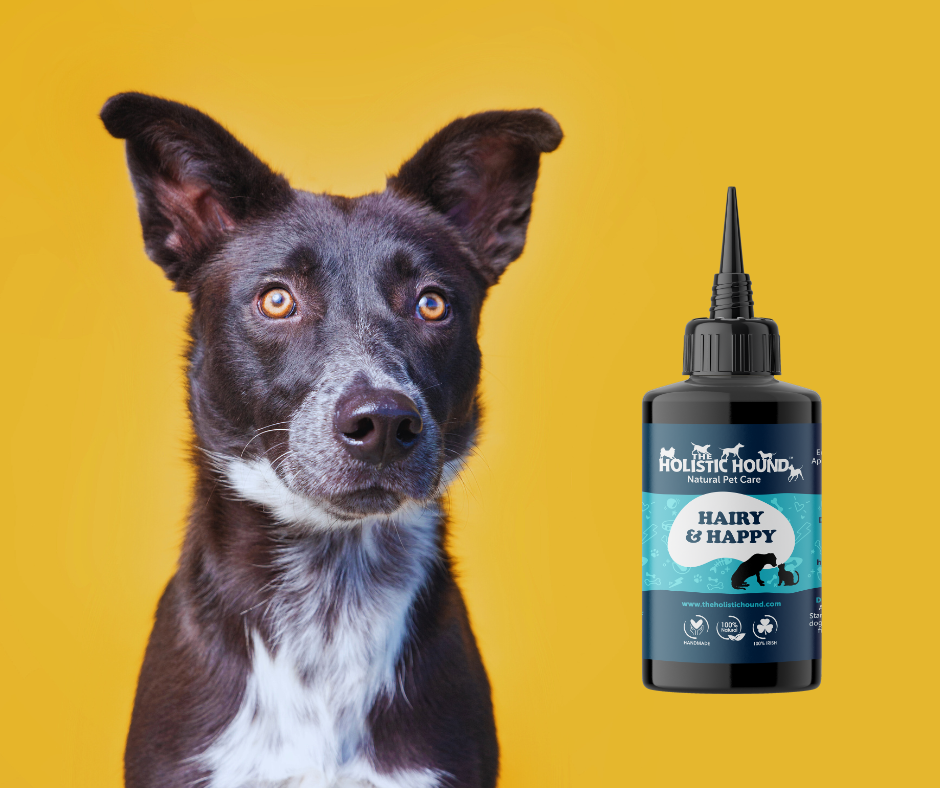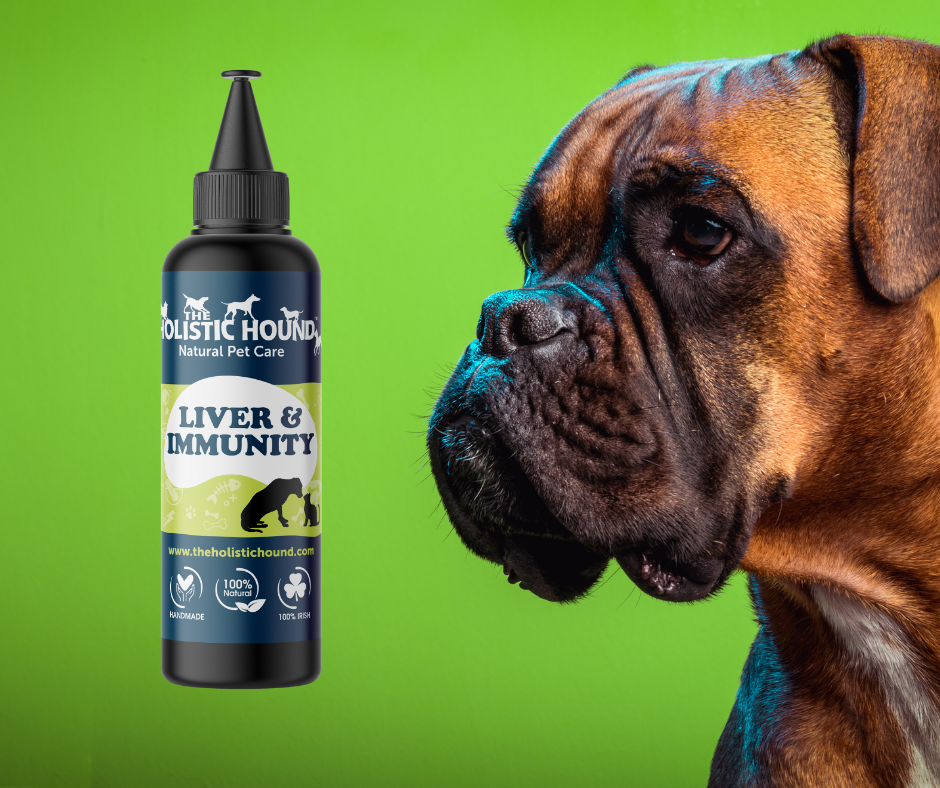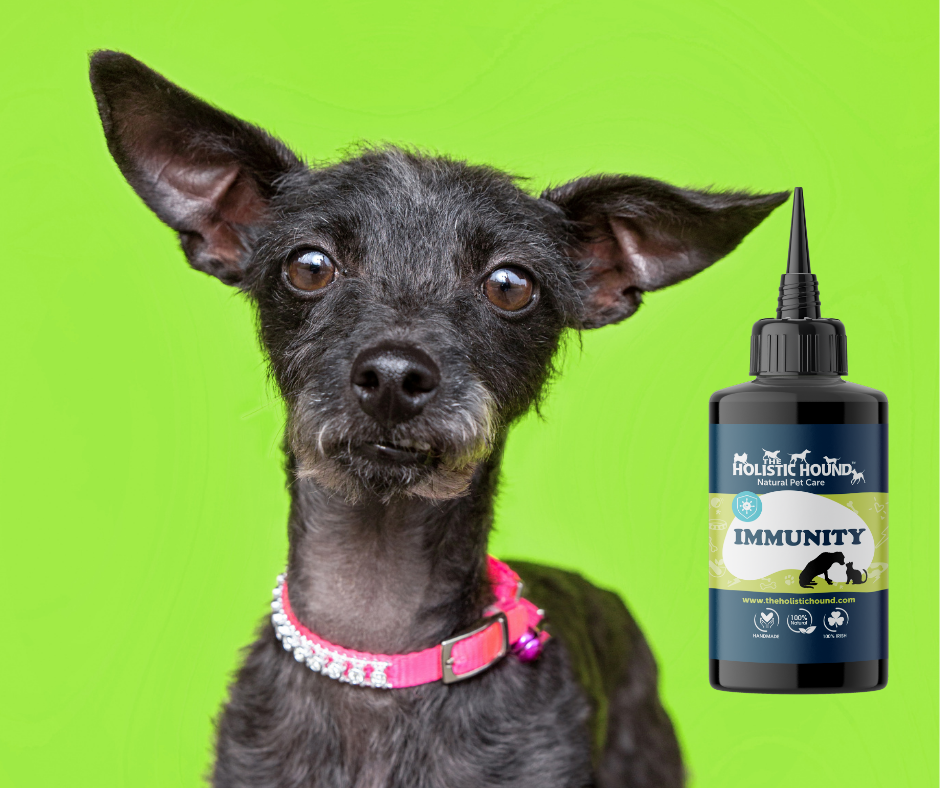

The History of Herbs in Animal Health

Traditional Herbalism
Herbs and their use in health is rooted in centuries of traditional knowledge and wisdom. Many people turn to nature when seeking a holistic and gentle approach to wellness, both for themselves and, in growing numbers, for their pets.
Embracing the power of plants, offers a nuanced and balanced interaction with the body, working in harmony with its natural processes. The rich history of herbalism across various cultures provides a foundation of accumulated wisdom, contributing to the diverse array of plant-based solutions available.
Herbs actually formed the basis of veterinary medicine. First published in the 1700s by the father of veterinary medicine, Bourgelat, his Materia Medica was the textbook for training vets.
It described the sources (vegetable, animal and mineral), nature, preparation, and properties of substances or mixtures of substances, which were once used by early vets.

The Rise of Pharmaceuticals
In 1953 the first "Modern book of Veterinary Pharmacology and Therapeutics" was published by Meyer Jones. It was to mark the beginning of pharmacology in veterinary medicine, and the end of materia medica as the industry moved towards more controls on administration, dosage and licensing of products.
Sadly it has been a case of "throwing the baby out with the bath water" and much of our traditional learning has faded, or been dismissed.
However it is still valid, and herbalism has a powerful role to play in the day-to-today support of our pets’ health.

Complementary Supplements
Herbs are used to support a wide range of physical and emotional issues, and when used with care, they are relatively safe and gentle with few problems arising from their use. However, it must be stressed that they are complementary to, not in place of medicines.
To the herbalist the presence of “scientifically proven” compounds is only part of what makes a plant useful. "The whole plant is always greater, and usually safer, than the sum of its parts". We should never forget the wisdom, passed down over generations, which today enables us to do the absolute best that we can for our pets, naturally.



Considerations - Herbal Supplements
Longer Term Benefits
Herbs aren’t always immediately impactful, it may take a while to notice an improvement, so be patient. In addition, this makes herbs unsuitable for immediate pain relief. Herbs predominantly work by addressing the underlying causes of pain, such as inflammation or muscle tension, rather than blocking pain signals directly. This approach can be effective for long-term management but may not provide the rapid relief needed in acute situations.
Important!!
It's crucial to note that while herbs may offer benefits, they can interact with medications, potentially affecting their efficacy or causing adverse effects. It's important to consider potential herb-drug interactions and consult with healthcare professionals when appropriate.
Manage Expectations
Herbs are incredibly powerful, but being natural does not automatically mean they are safe. It is crucial to understand their appropriate dosages and potential side effects when using them. Always purchase from reputable herbalists or health stores you trust, as they ensure the safety and efficacy of their products.

A More Natural Approach

Are Herbs Safe?
Serious adverse reactions are rare when using herbs to support your pet’s health. However, like anything, when used outside the parameters of common sense and moderation, any plant can be toxic. "More" is not necessarily "Better" and toxicity is dependent on the amount you feed.
The herbs we have selected are commonly used by vets as they are safe and forgiving. Our feeding recommendations are based upon best available veterinary advice and practice and are based upon the theory of proceeding with caution.
We advise watching the animal for any signs of an adverse reaction. In most cases where an animal is hypersensitive (or allergic) to an herb or has received too much they will vomit shortly after administration. Other indicators of toxicity include itching, photosensitivity and diarrhoea.

When to take your pet to the vet
Our products are aimed at enabling you to be somewhat self-sufficient in maintaining the health and welfare of your canine companions. However, there are some problems that caregivers should not attempt to manage without the input of a vet.
This includes:
- Any life threatening situation such as poisoning, major trauma, bleeding, broken bones
- Immediate pain relief requirements should always be dealt with via conventional medicines, with your vet.
- If there is a change in eating or drinking habits, or a behaviour change.
- An unexplained change to their digestive or urinary patterns.
- Vomiting or sudden weight loss.
If you are concerned about any change to your pet’s health, always seek advice from your vet.
